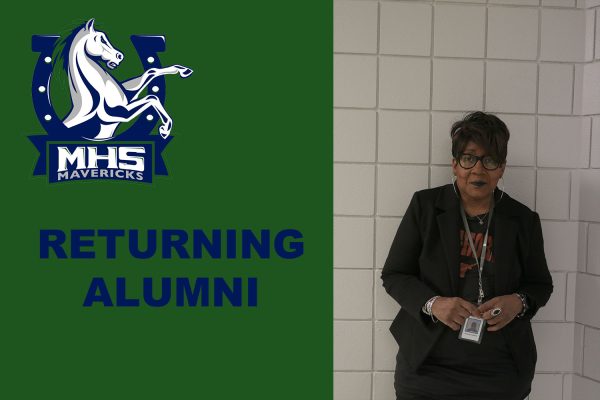Yeah, About That Test You Took….

Image by Concordia University-Portland
Standardized testing may not be as important to colleges anymore.
Colleges across the US are turning to a system that don’t require applicants to submit their scores for standardized tests in order to be considered for admission. Over 900 universities nationwide are using some form of this admission structure, which is nearly a fourth of all the colleges in the United States.
“It helps quite a bit if you don’t have to submit your scores,” sophomore Jason Tan said. “If you’re not studying for the test, but are more open in the things you do, I think colleges should see a student’s potential in that, and it’s better for students too.”
The SAT and ACT started making their way into the main process of college admissions around the 1960s, with Harvard requiring it as early as 1935. It has long since been considered an accurate way to test one’s intelligence, but has lately been labeled by many as only displaying memorization and recollection skills.
“If you’re actually focusing on what you do on school based solely on the test, then you might do well on it,” Tan said. “But the SAT, it only focuses on certain parts of certain subjects, so it doesn’t allow a lot of creative range to be shown.”
Administrations have realized the discrepancies between rich and impoverished or rural communities that have resulted from requiring standardized tests, and the change has seen improvements for both the schools and the students.
“Research is mixed, but with a consensus that points toward a bit of increase the diversity of the applicant pool and pretty strong evidence that the overall number of applicants increases,” Michael Nietzel, president emeritus of Missouri State University, said.
Another reason this change of system has spread so rapidly is the questioning of the tests’ effectiveness. The state of California recently passed a bill requiring both public and state university systems to conduct a study on if the tests were useful in the admission process.
“Colleges should look at kids’ overall grades throughout their high school career,” sophomore Helen Jun said. “That shows how well they can perform. One test can’t show how smart they are.”
However, some backlash has stemmed from CollegeBoard, the organization that regulates the SAT and PSAT tests, who claims that the SAT is a crucial way to measure how successful individual students will be. They say that their current measures of giving colleges more information, such as environmental contextualization or their score ranking among their class, are enough to promote the diversity desired.
“Landscape provides admissions officers more consistent background information so they can fairly consider every student, no matter where they live and learn,” CEO of College Board David Coleman, said.
Despite this, it’s estimated that a college opts for a test-optional process every 10 days, and colleges are even going a step further by not even looking at ACT or SAT scores of any students. For many students, this is a large step in the right direction.
“I’m not saying that the SAT and PSAT are the worst, like they should still be taken, but they shouldn’t be a major factor that we’re judged on that can determine whether we get into a college or not,” Jun said. “I believe that schools should be more focused on how we do in our classes.
Your donation will support the student journalists of McNeil High School. Your contribution will allow us to purchase equipment and cover our annual website hosting costs.










